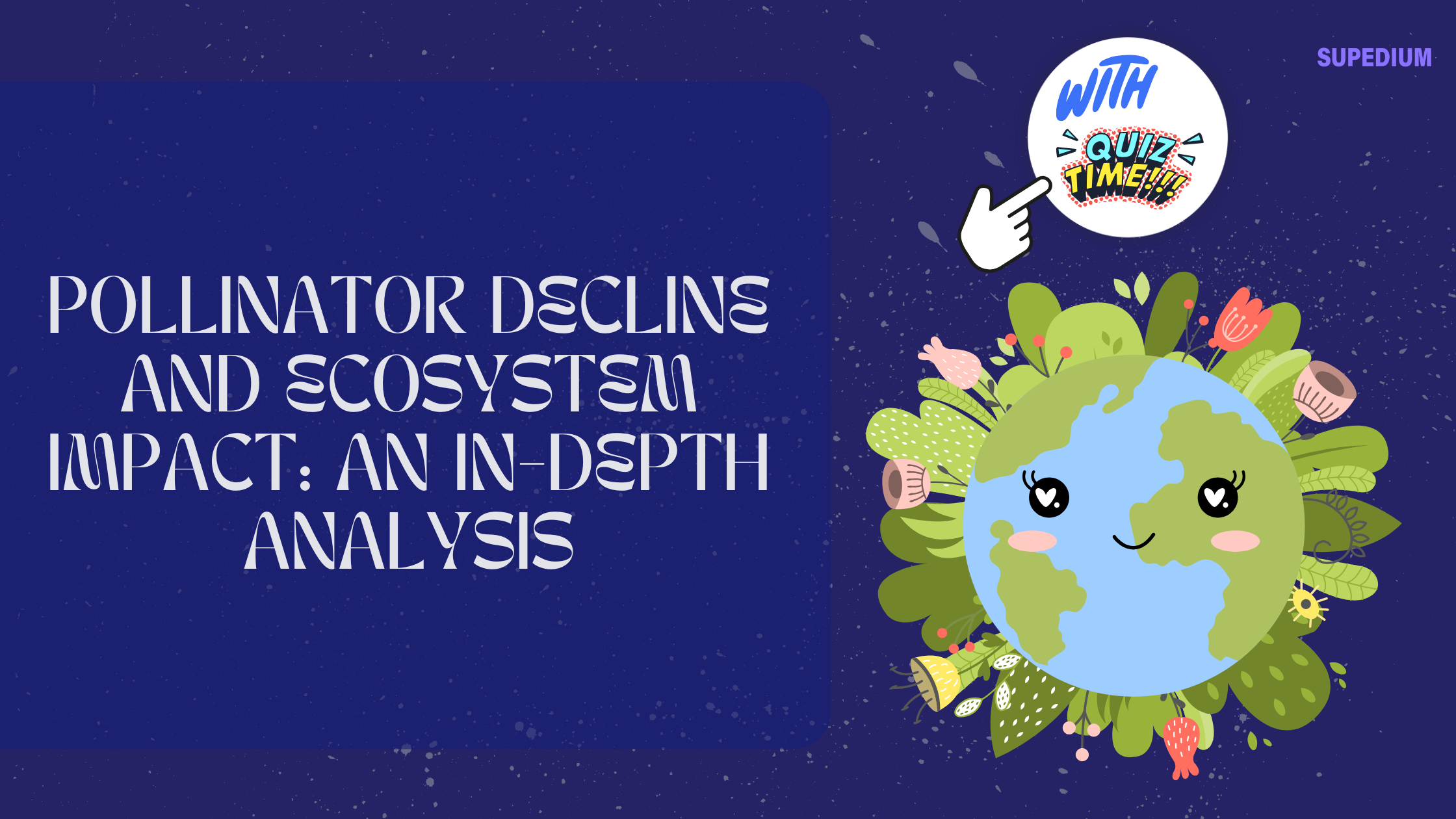Table of Contents
![]()
Introduction
The mind-body connection is a concept that emphasizes the intricate interplay between mental and physical health. This relationship has gained considerable attention in recent years as research continues to uncover how our mental states can profoundly impact our physical well-being. Understanding this connection is crucial for developing holistic approaches to health that address both the mind and body simultaneously.
Historical Perspectives
The concept of the mind-body connection is not new; it has been recognized for centuries in various cultures. In Traditional Chinese Medicine (TCM), the balance between mind and body is essential for maintaining health. Similarly, Indian Ayurvedic Medicine emphasizes the harmony between physical health and mental well-being as vital for overall wellness.
In Western philosophy, René Descartes’ dualism, which separates the mind and body into distinct entities, initially shaped our understanding of their relationship. However, early psychosomatic theories began to challenge this separation, suggesting that mental states could influence physical health.
Scientific Foundations
Recent advancements in neurobiology have illuminated the complex communication between the brain and body. The central nervous system (CNS) and peripheral nervous system (PNS) work together to regulate bodily functions and respond to mental stimuli. Neurotransmitters such as serotonin and dopamine, as well as hormones like cortisol and adrenaline, play crucial roles in this process. For example, chronic stress can lead to elevated cortisol levels, which may compromise immune function and contribute to various health issues.
Psychosomatic medicine, which studies the interaction between mental and physical processes, has provided valuable insights into how psychological factors can manifest as physical symptoms. Research in this field has demonstrated significant correlations between mental health conditions and physical health outcomes, reinforcing the importance of addressing both aspects in healthcare.
The Impact of Emotions on Physical Health
Emotions and mental states have profound effects on physical health. Stress, for instance, can weaken the immune system, making the body more susceptible to infections and diseases. Chronic stress is also linked to autoimmune disorders, where the immune system attacks healthy cells.
Depression often presents with physical symptoms such as fatigue, headaches, and digestive issues. Studies have shown that individuals with depression are at a higher risk for chronic illnesses such as heart disease and diabetes. Anxiety, too, can have physiological effects, including increased heart rate and blood pressure, which may contribute to long-term health problems.
The Role of Mindfulness and Mental Practices
Mindfulness and mental practices have emerged as effective tools for enhancing both mental and physical health. Meditation, for example, has been shown to reduce stress and improve overall well-being. Techniques like mindfulness meditation help individuals manage their responses to stress and promote a sense of calm and balance.
Cognitive Behavioral Therapy (CBT) is another valuable approach that addresses the mind-body connection. CBT helps individuals identify and change negative thought patterns that can affect their emotional and physical health. Evidence supports its effectiveness in treating various mental health conditions and improving physical health outcomes.
Biofeedback and neurofeedback are innovative techniques that allow individuals to gain awareness and control over physiological processes. By providing real-time feedback on bodily functions such as heart rate and brain activity, these methods help individuals learn to regulate their responses to stress and improve their overall health.
Integrative and Holistic Approaches
Integrative and holistic approaches emphasize the interconnectedness of mind and body. Complementary and Alternative Medicine (CAM) practices, such as acupuncture and yoga, have gained recognition for their potential benefits in enhancing the mind-body connection. Research supports the efficacy of these practices in reducing stress, improving mental health, and promoting physical wellness.
Lifestyle factors also play a significant role in maintaining the mind-body connection. Regular exercise has been shown to reduce symptoms of depression and anxiety, while a balanced diet supports both mental and physical health. Sleep, too, is crucial, as adequate rest is essential for cognitive function, emotional regulation, and overall health.
Practical Applications
Incorporating mind-body practices into daily life can yield significant benefits. Techniques for managing stress, such as deep breathing exercises and progressive muscle relaxation, can help individuals maintain emotional balance and reduce the risk of stress-related health issues. Developing healthy habits, including regular physical activity and a nutritious diet, supports overall well-being.
In clinical settings, healthcare providers are increasingly recognizing the value of integrating mind-body practices into treatment plans. Patient education and self-care strategies that address both mental and physical health can enhance treatment outcomes and improve quality of life.
Challenges and Controversies
Despite the growing recognition of the mind-body connection, there are challenges and controversies surrounding this field. Scientific and methodological limitations, such as variability in individual responses and difficulties in measuring subjective experiences, pose challenges for research. Additionally, ethical concerns and accessibility issues related to mind-body therapies need to be addressed to ensure equitable access to these practices.
Future Directions
The future of research in the mind-body connection holds promise for new discoveries and innovations. Emerging technologies and approaches, such as digital health interventions and personalized medicine, have the potential to advance our understanding of this complex relationship. Integrating mind-body medicine into mainstream healthcare could lead to more comprehensive and effective treatment approaches.
Conclusion
The mind-body connection highlights the profound interplay between mental and physical health. By exploring historical perspectives, scientific foundations, and practical applications, we gain a deeper understanding of how our mental states influence our physical well-being. As research continues to evolve, embracing a holistic approach that addresses both the mind and body can lead to improved health outcomes and a more integrated approach to wellness.
Share This





Be the first to comment